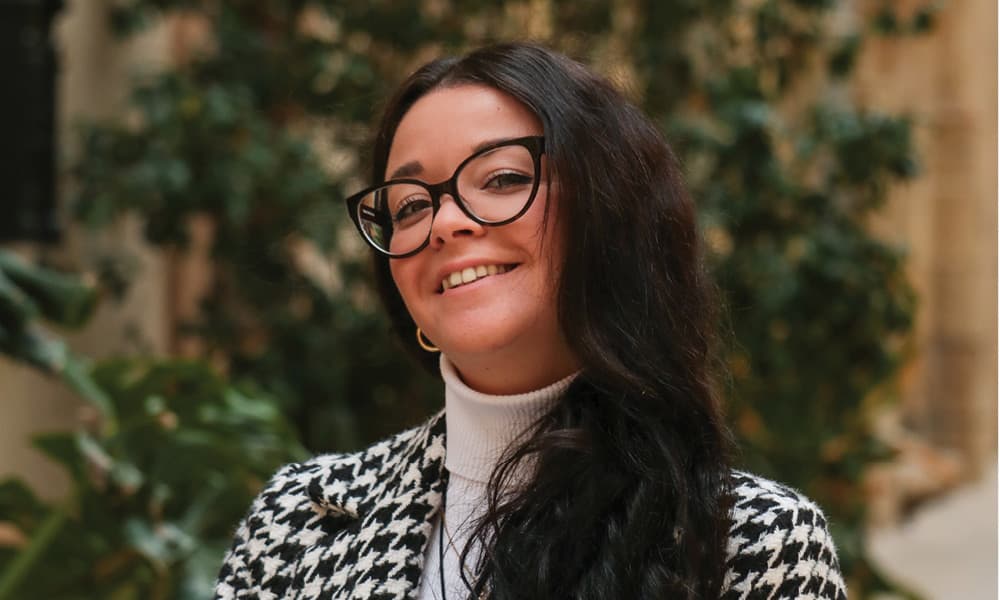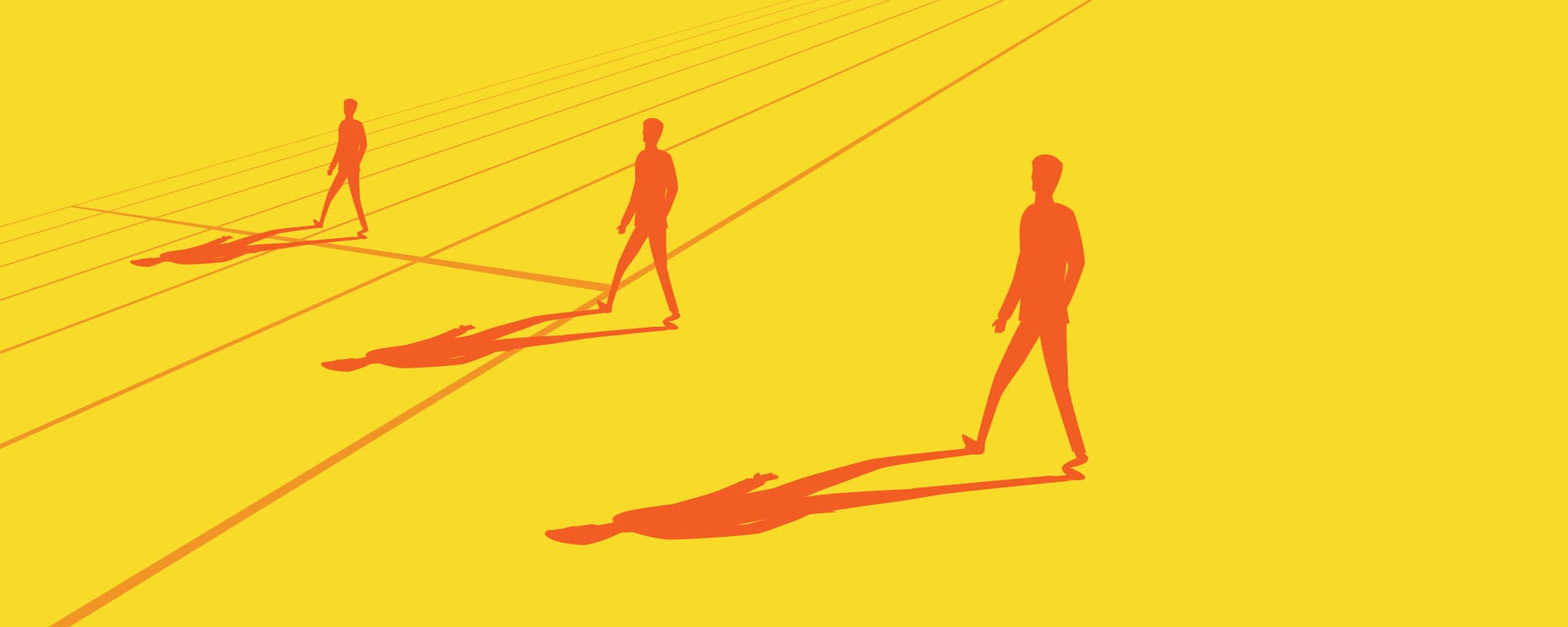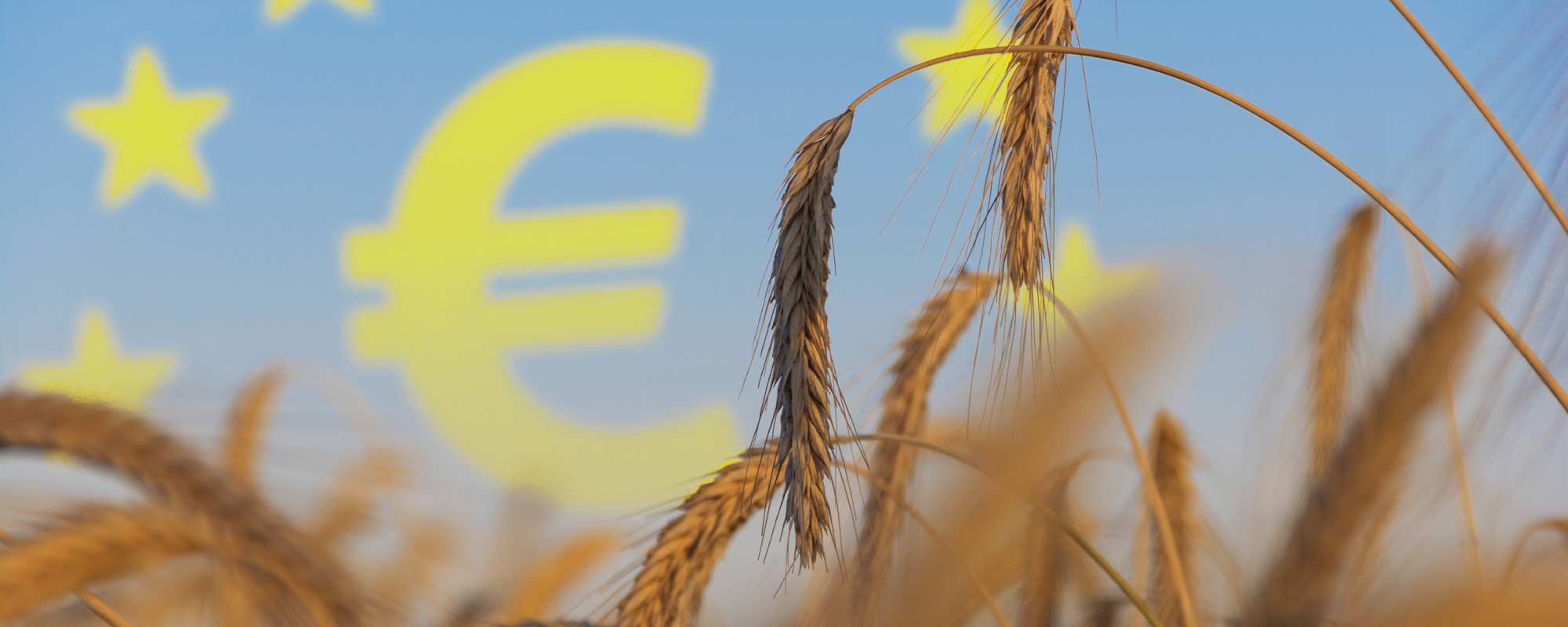Public dialogue in developed countries is ramping up about transforming education systems to help students better prepare for their post-academic life. Yet the global business landscape faces severe talent shortages, fuelled by a particular lack of skills – not degrees or certificates.
Continue readingAge Comes for Us All
The prospect of ageing can be terrifying, especially when it is our loved ones who are ageing before our eyes. How do we come to terms with the emotional difficulty of seeing our parents age (and in some unfortunate cases, deteriorate due to diseases), and how to broach sensitive yet crucial subjects such as their end-of-life preferences, euthanasia, and retirement preferences?
Continue readingVoluntourism: Do locals benefit as much as volunteers?
I believe we primarily choose to volunteer because of one, selfless reason: our heart. Travelling to volunteer, or voluntourism, is an emotionally enriching and rewarding experience. You’re tasting a totally different culture in all its raw authenticity, whilst ‘supporting’ someone or a community. It is gratifying; hence, there’s also a personal gain. But does volunteering actually help the local community? And do the locals benefit as much as we do? I believe there is simply no reason why both sides can’t benefit in different ways.

Whereas organisations, volunteers themselves, and their proud (if initially worried) families often portray the commendable aspect of volunteering, attracting adventurous tourists to help rural communities has become widely criticised by the media. The local community’s eventual dependency, coupled with unskilled volunteers, are amongst the most-cited adverse aspects.
Concerning dependency, one must question what would happen to an existing project if volunteers stopped visiting. For example, when the next pandemic hits and borders are closed again, will that newly built clinic retain the necessary equipment and staff to function within the rural community without the organisation being present? If the answer holds even a trickle of doubt, then the project has been well funded but not sustainably planned. Furthermore, we live in a predominantly individualistic society wherein a volunteer can be more concerned about their own experience, as opposed to how they’re actually contributing to the community.
However, it is also true that organisations and volunteers are striving to be more ethical and sustainable. In my opinion, unskilled volunteers are only a problem if they choose to join the wrong project. Unprepared volunteers are those who have not been well-informed about the community’s needs and how the organisation plans to achieve their goals.
Thus it is the organisation’s responsibility to foster an environment of sustainable volunteering with long-term goals, projects, and financial plans. For instance, using funds to engage permanent local staff whom volunteers can work with, rather than replace, minimises dependency and creates a collaborative work ethic for both sides.
More importantly, in my opinion, is the individual volunteer. In asking the right questions, understanding that change occurs gradually, and more significantly, respecting the different culture by taking into account the local perspective, one is immediately more mindful of the ethical consequences of their actions.
Do the locals benefit as much as voluntourists do? I really think we’d have to ask them first. Speak to them, interact; that’s where understanding the local perspective comes in! On the other hand, I strongly believe that cross-cultural exchanges — where equitable, collaborative, and honest discussions take place, and where friendships are formed — are the most intangible assets of volunteering for both locals and volunteers. Therefore, if all the aspects of a person’s wellbeing along with sustainability are strongly being considered, the world can only benefit from more understanding and active individuals!
Pandemic Pedagogy
Regardless whether we are self isolating or not, it is possible to grow and develop yourself professionally
Continue readingThe Worth of your Time
Jonathan Firbank investigates the conditions that led to the ‘Great Resignation’, where millions of people resigned throughout the COVID-19 pandemic. He discovers that it is less a consequence of an ‘anti-work movement’ and more a result of the mental health issues that workplaces can cause.
Continue readingBringing Politics to the People
Dr Mario Thomas Vassallo talks to THINK about he recent publication, ‘Kollox Politika.’
Continue readingAnimal Rights: A Question of Pain
In the past few decades, animal rights issues have been an emerging topic, with debate growing louder, especially relating to the suffering that accompanies raising animals for human food production. THINK talks to Australian philosopher Peter Singer to discuss animal ethics.
Continue readingThe Climate Crises and the EU’s Agricultural Policies
The climate crisis is picking up speed, and it still doesn’t look like humanity is adjusting its habits fast enough to meet its self-set target of limiting global warming to 1.5°C. The European Union (EU) strived to tackle this problem by implementing the Green Deal, which led to the most ambitious multi-year plan ever in the agricultural sector. But is it enough?
Continue readingHow Vulnerable Are We? An Anthropological Perspective
Protecting the vulnerable was one of the main objectives when nations developed a COVID-19 response strategy. But while vulnerability usually implies those with weakened immune systems, it does not take into account other types of vulnerability such as financial, social, or mental.
Continue readingWhat is Freeganism?
Malta has one of the highest waste generation rates per capita within the EU. 22% or nearly a quarter of food bought in Malta ends up wasted and thrown away. Malta exceeds the EU average by 24%, and it does not seem to be slowing down. Can we do something about it?
Find out what is freeganism, about dumpster-diving, and its legality in Malta
Continue reading









